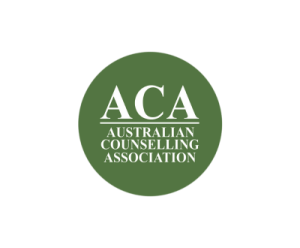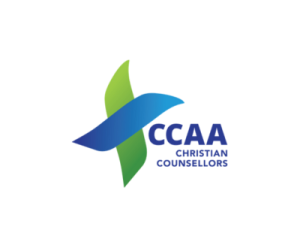Understanding research methodologies is fundamental for any social science or counselling professional. This unit will equip you with the skills to critically analyse and synthesise academic literature, construct evidence-based arguments, and master academic writing and research conventions. By exploring a range of research methods and ethical considerations, you will be prepared to design and conduct studies that make meaningful contributions to your field.
Discover the foundations of faith and how it relates to one's worldview and purpose. Students will explore the Christian story from Scripture and express ideas of their own faith, examine how faith shapes views on the meaning and purpose of life, the value of humanity and ideas of human flourishing. Expand your perspective in this core subject and understand the significance of faith in all areas of life.
Understanding the psychology of emotion and wellbeing is crucial for enhancing personal and professional relationships. This core unit introduces the concepts of emotional development and the social and cultural factors that influence emotions. Students will learn to apply theoretical approaches to understand emotions and interact empathetically with clients. By developing these skills, students are better prepared to support emotional wellbeing in various contexts.
Enhance your ability to communicate effectively in professional people-helping settings. This subject will equip you with learning foundational interpersonal communication skills. Through practical exercises, you will develop your counselling micro-skills including conflict management responses, within a culturally sensitive framework. This unit is designed to meet PACFA and ACA training requirements.
This subject helps to prepare you to work effectively with clients by learning advanced counselling micro-skills and techniques in. With an emphasis on applying micro-skills and evidence-based methods in counselling contexts, you'll learn how to respond to complex needs such as anxiety and stress. This unit aligns with professional practice standards, offering practical, experiential training, that includes role-plays, to continue the development of your interpersonal communication skills.
Gaining insight into mental health conditions is pivotal for providing effective support and intervention. Students in this subject will learn to recognise symptoms, deliver appropriate assistance, and understand the role of the community in supporting mental wellbeing. They will develop skills in treating individuals with empathy, respect, and compassion, while fostering a hopeful and supportive environment.
Understanding human development throughout the lifespan is important for providing targeted support and interventions. This subject offers a comprehensive examination of the developmental stages from conception to death, integrating multicultural and critical perspectives. Students will explore major developmental milestones, reflect on personal growth, and develop strategies to assist others in navigating developmental life transitions.
Gaining a deep understanding of various counselling theories is essential for effective therapeutic practice. This subject provides a comprehensive overview of historical and modern counselling methodologies, from Freudian psychoanalysis to contemporary approaches such as Solution Focused Therapy and Positive Psychology. Students will learn how to critically evaluate different models, reflect on their personal and professional implications, and apply them across diverse therapeutic contexts.









